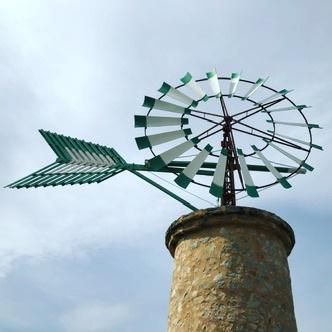How do the views on Catalan language identity differ among various generations in the Balearic Islands and the Valencian Community?
Similar Topics
catalan language
identity
generations
balearic islands
valencian community
cultural heritage
historical repression
education
political contention
linguistic identity
The views on Catalan language identity in the Balearic Islands and the Valencian Community can vary significantly across generations. Older generations, primarily those born during and shortly after Franco's dictatorship, often have a more subdued identity regarding the Catalan language due to historical repression, which led to a perception of the language as less valuable in public life. In contrast, younger generations tend to embrace Catalan as a vital part of their cultural identity, largely due to increased education and normalization of the language since the 1980s.
In Mallorca, for instance, younger people are generally more fluent in Catalan and more likely to advocate for its use in education and media, seeing it as an integral part of their cultural heritage. Conversely, the Valencian Community has experienced more political contention regarding the identity of the language, with debates over whether to refer to it as Valencian or Catalan. Younger Valencians are increasingly recognizing a shared identity with Catalan speakers in other regions, leading to a greater sense of solidarity.
Generational divides are also influenced by political perspectives; older individuals may align more closely with nationalistic rhetoric that downplays regional linguistic identity, while younger individuals often lean towards more progressive, pro-Catalan stances. Overall, while younger generations in both regions appear to be fostering a more unified Catalan identity, older generations often hold onto more cautious or fragmented views.
In Mallorca, for instance, younger people are generally more fluent in Catalan and more likely to advocate for its use in education and media, seeing it as an integral part of their cultural heritage. Conversely, the Valencian Community has experienced more political contention regarding the identity of the language, with debates over whether to refer to it as Valencian or Catalan. Younger Valencians are increasingly recognizing a shared identity with Catalan speakers in other regions, leading to a greater sense of solidarity.
Generational divides are also influenced by political perspectives; older individuals may align more closely with nationalistic rhetoric that downplays regional linguistic identity, while younger individuals often lean towards more progressive, pro-Catalan stances. Overall, while younger generations in both regions appear to be fostering a more unified Catalan identity, older generations often hold onto more cautious or fragmented views.
🧩 Related Questions
Related Question
What are the best options for mobile network providers in Mallorca to maintain communication in remote areas?
Related Question
How does the seabed topography around Mallorca affect boat tours and sailing routes for visitors?
Related Question
Are there any unique symbols or emblems on Mallorca license plates that highlight the island's cultural heritage?
